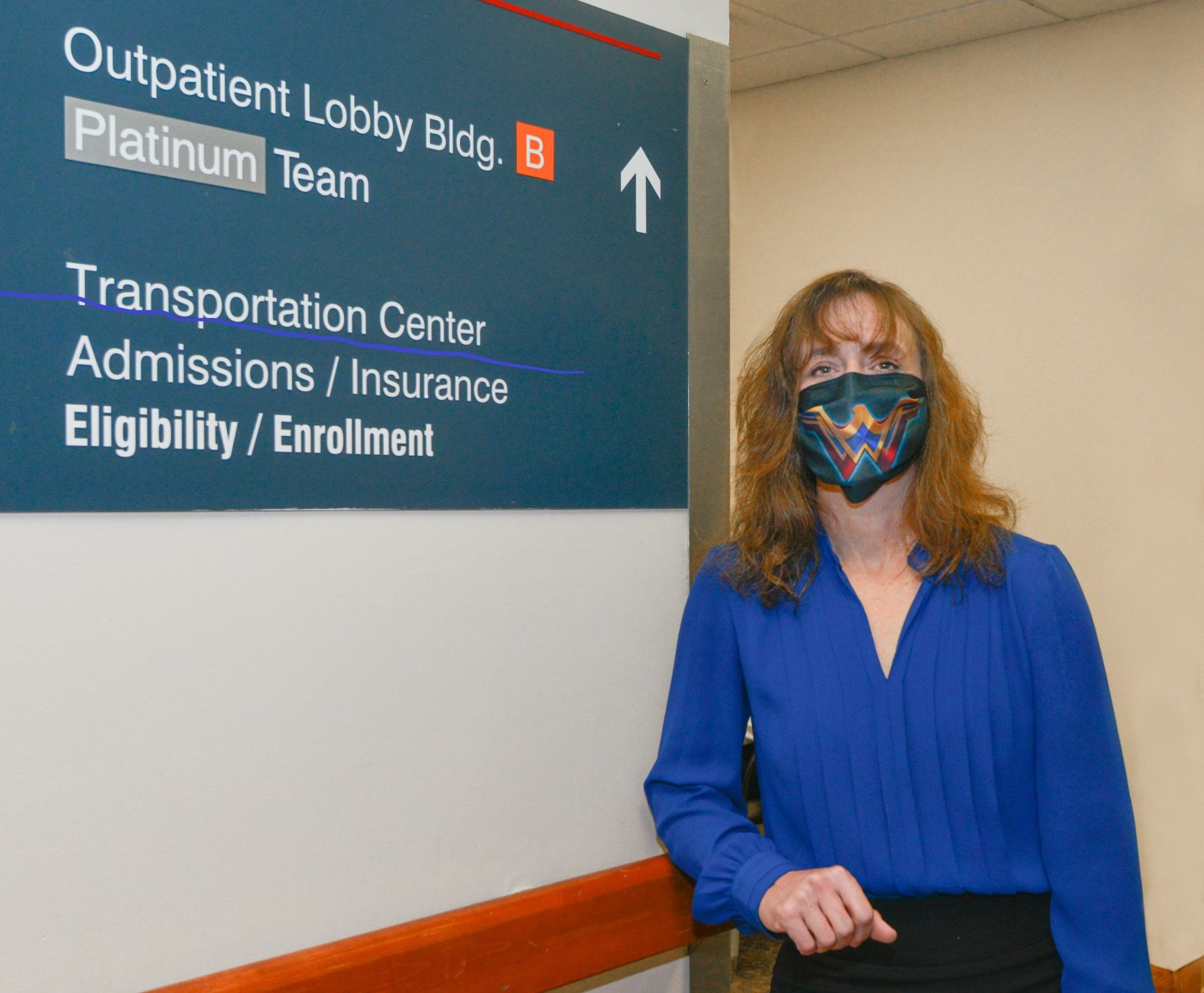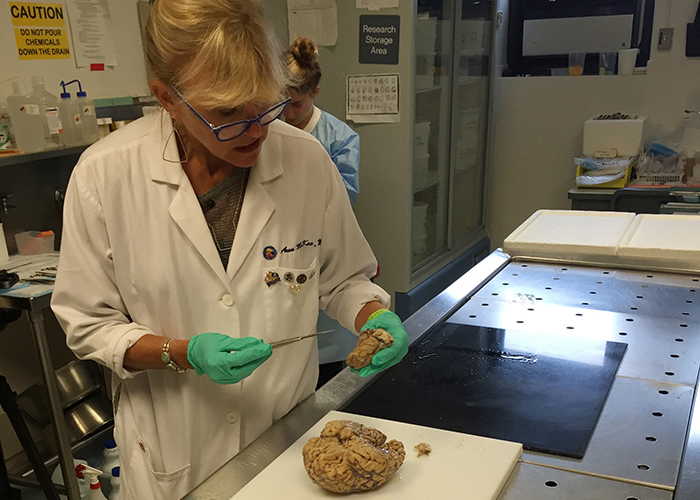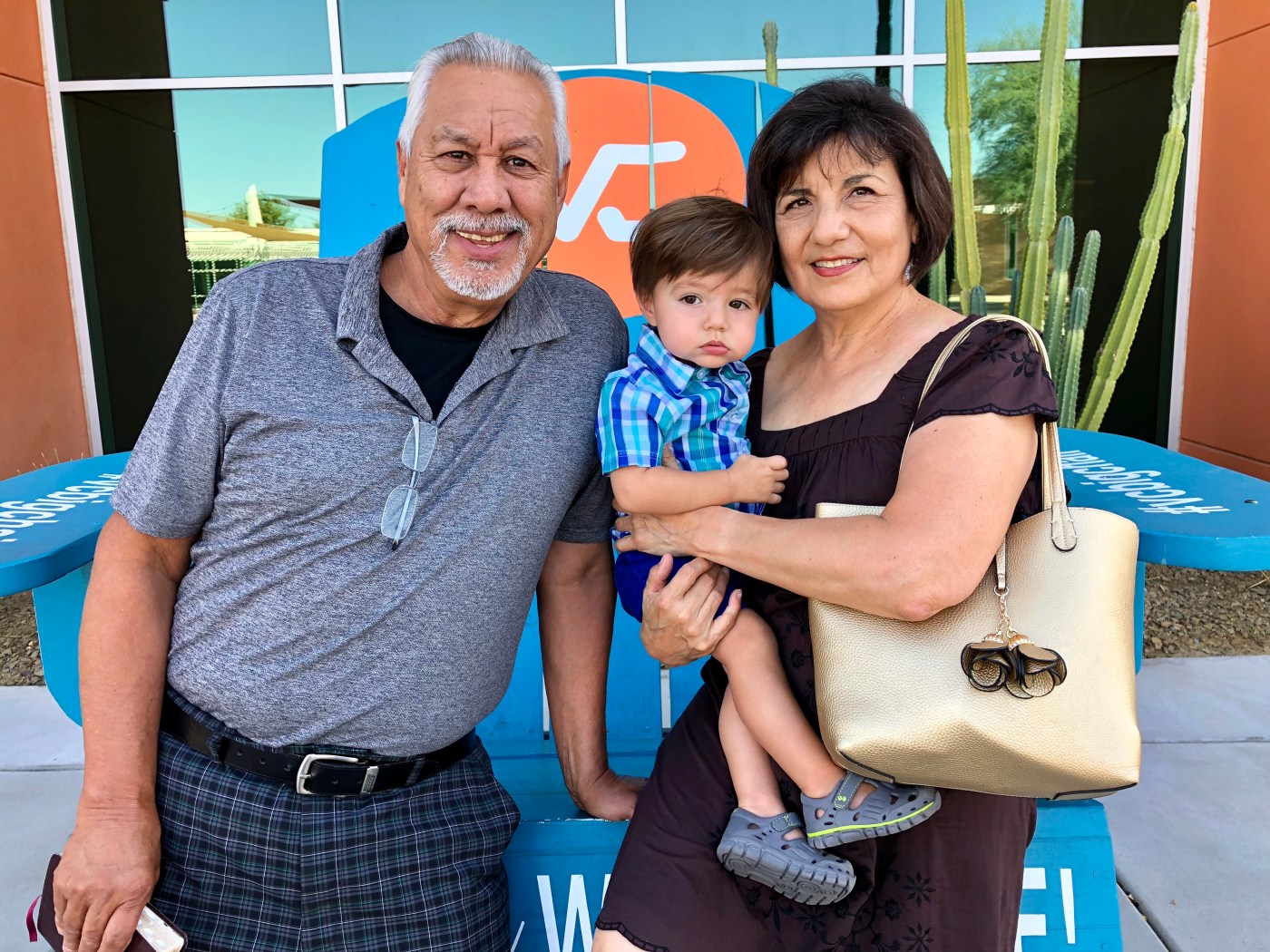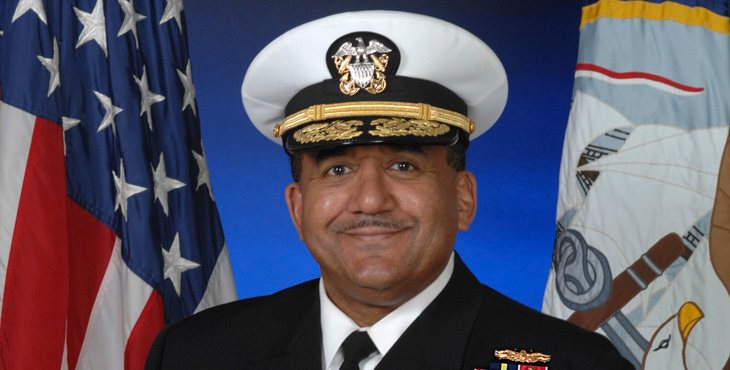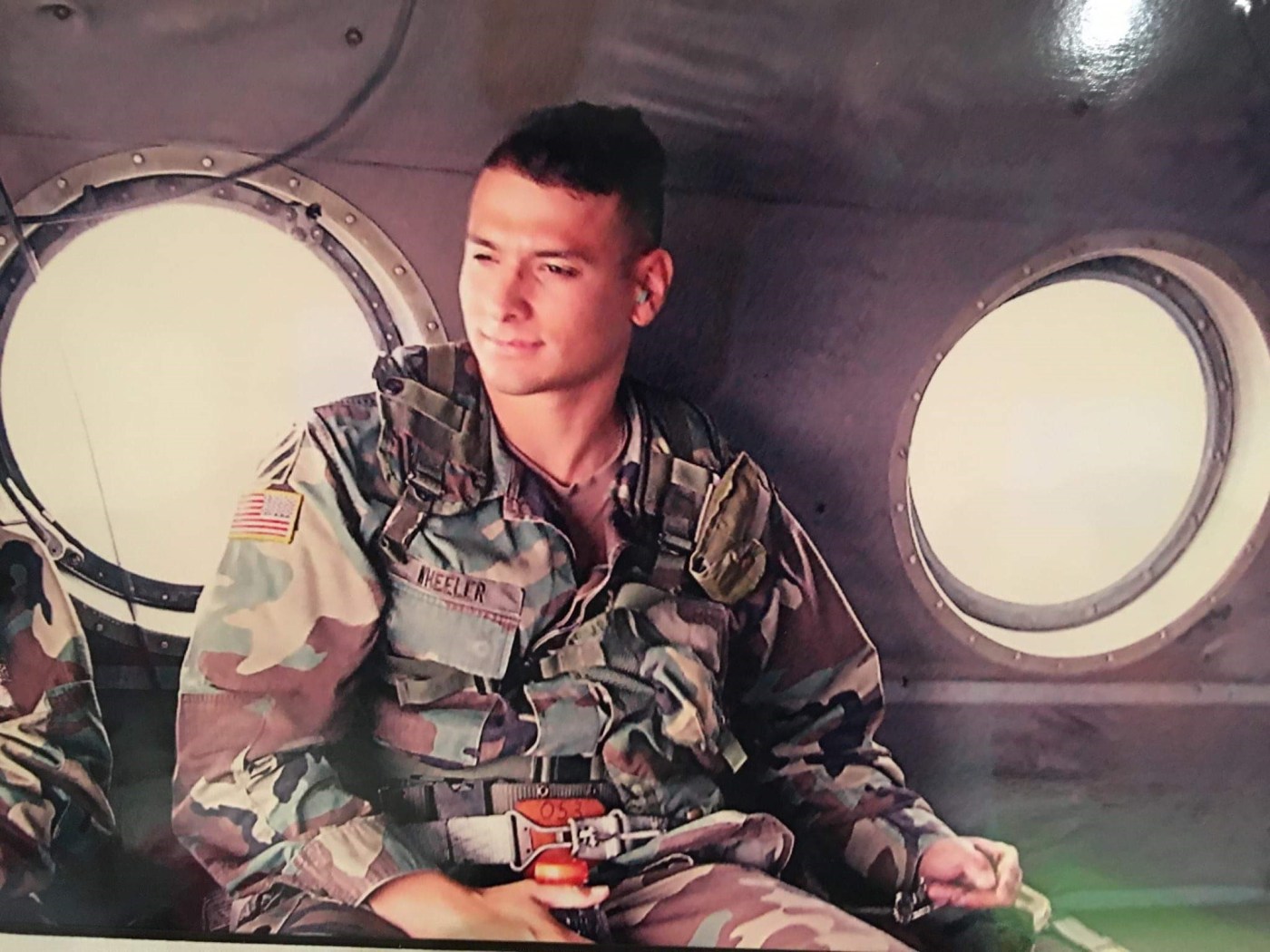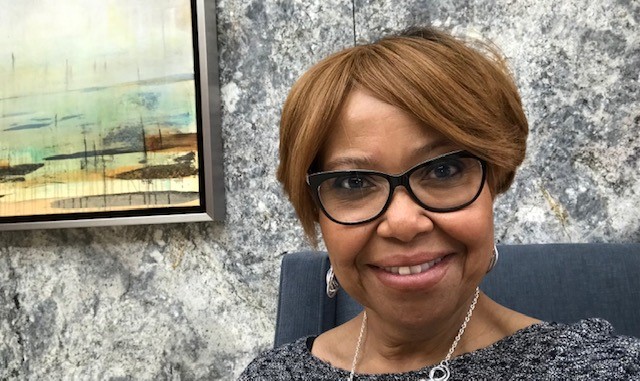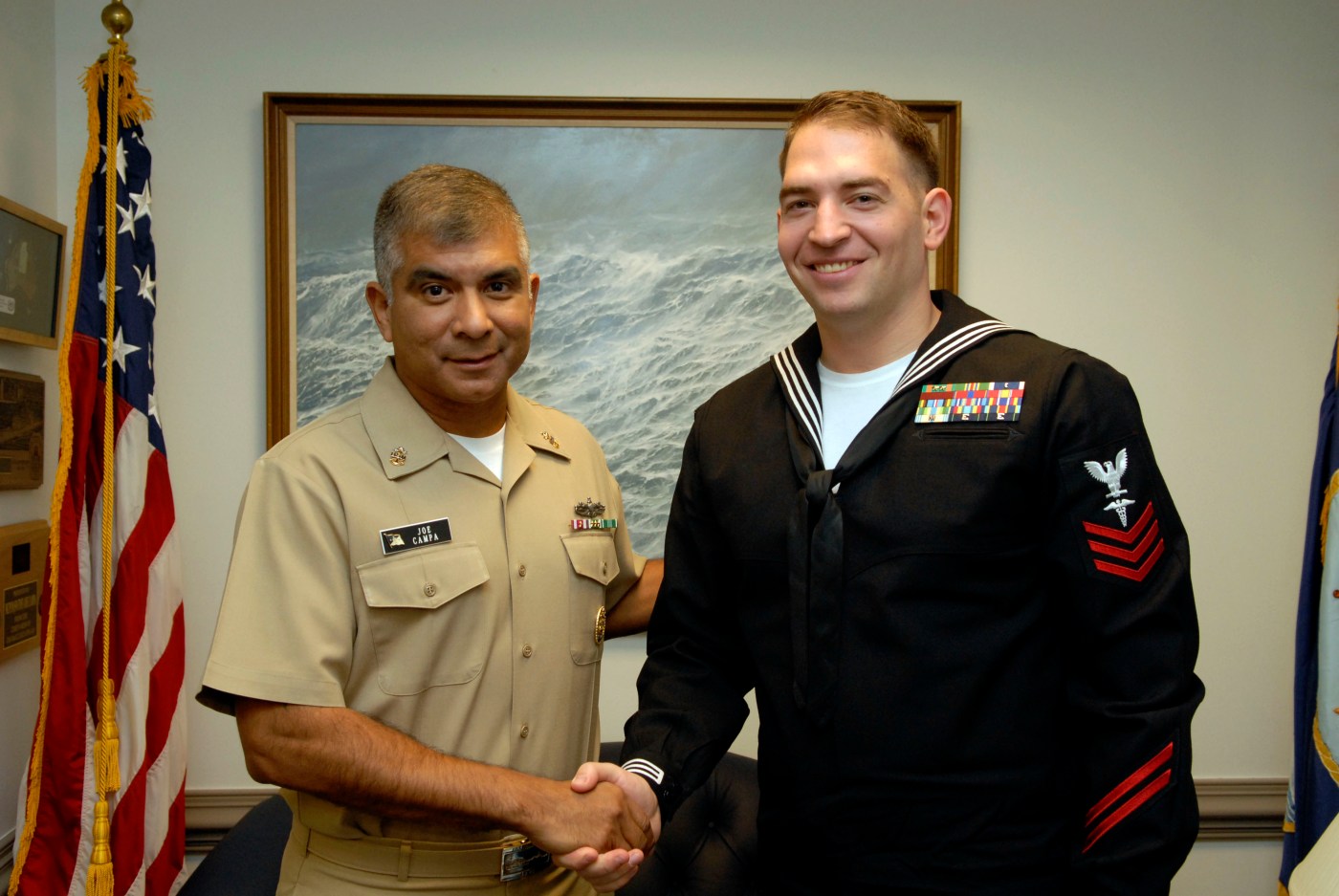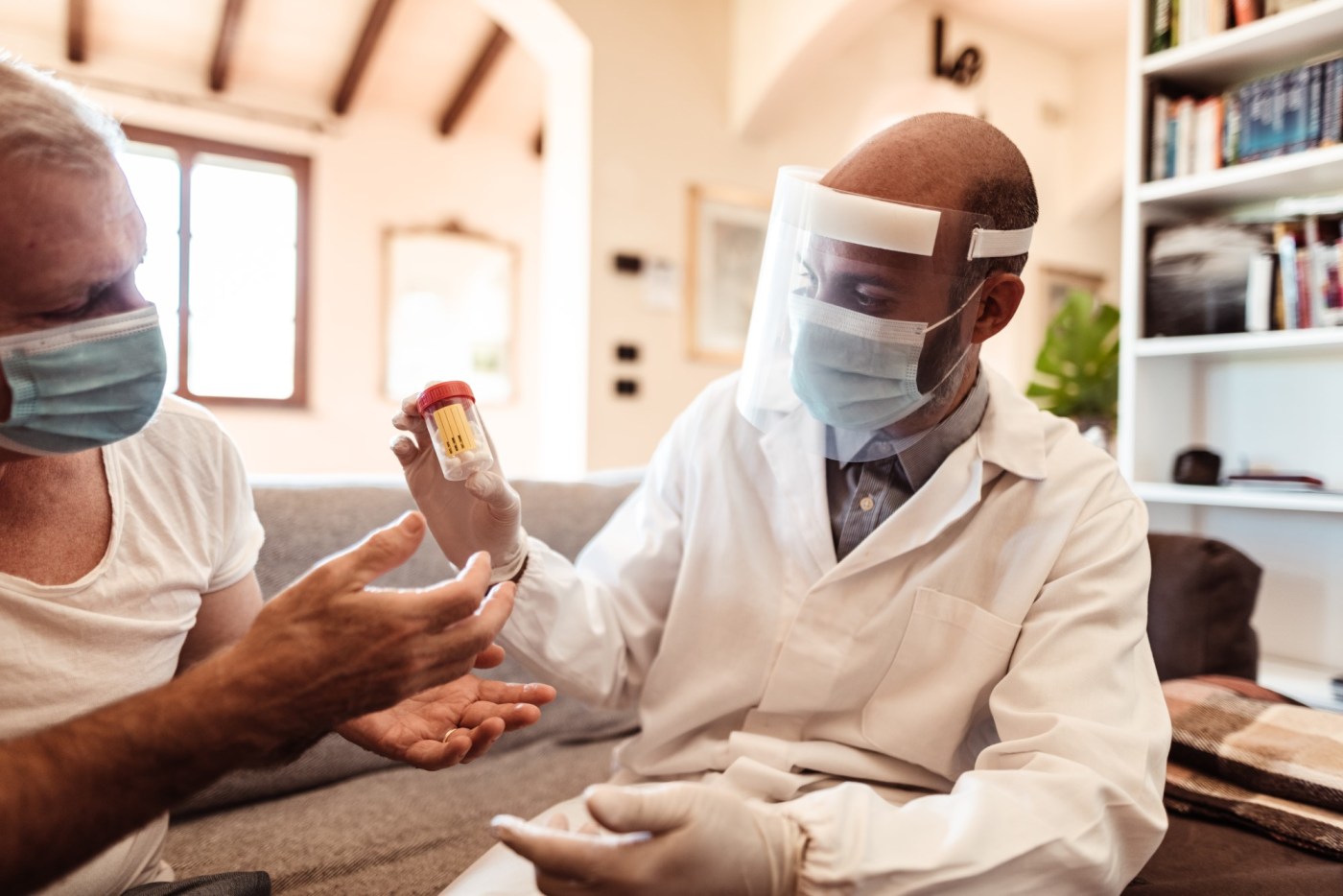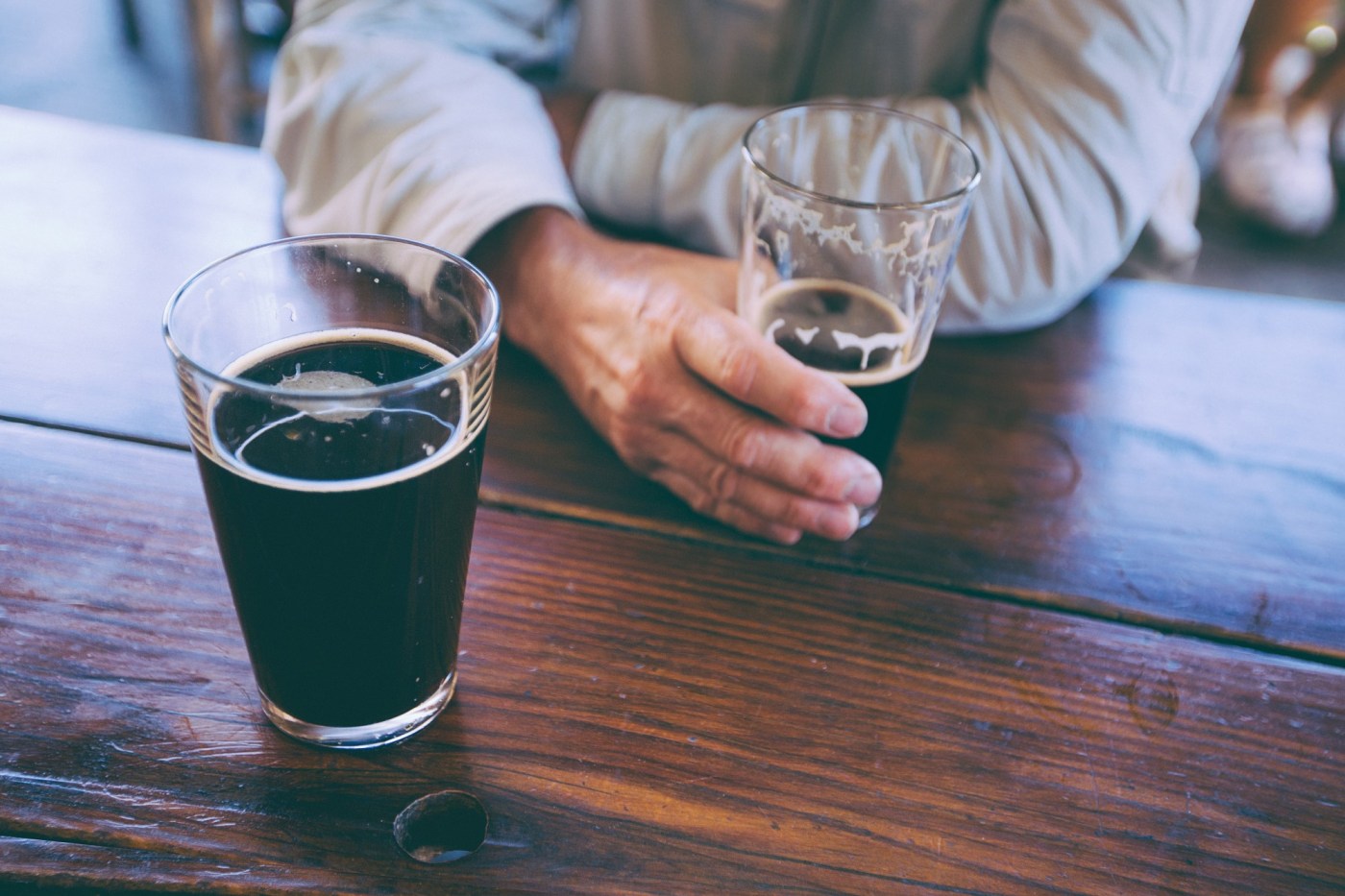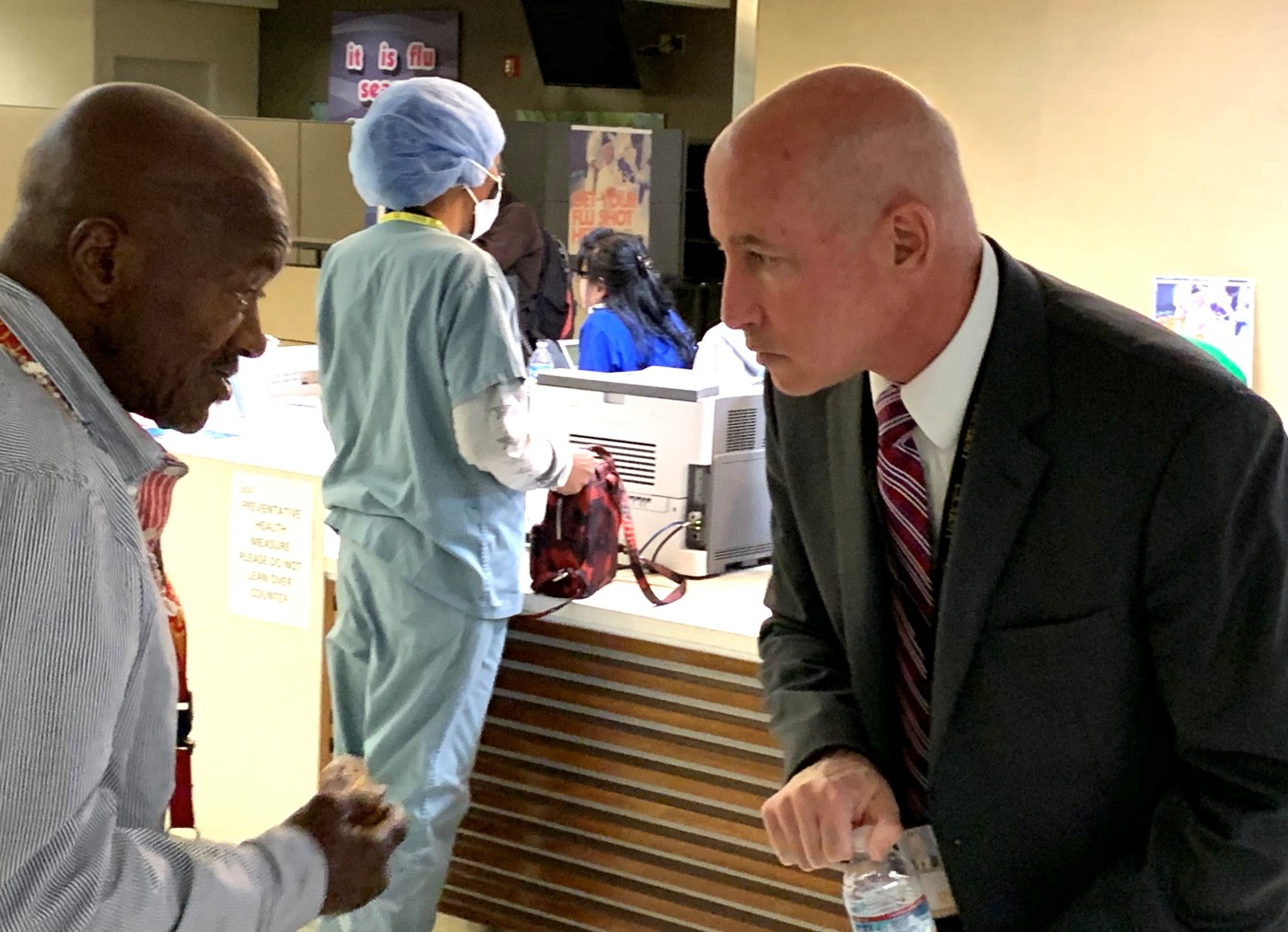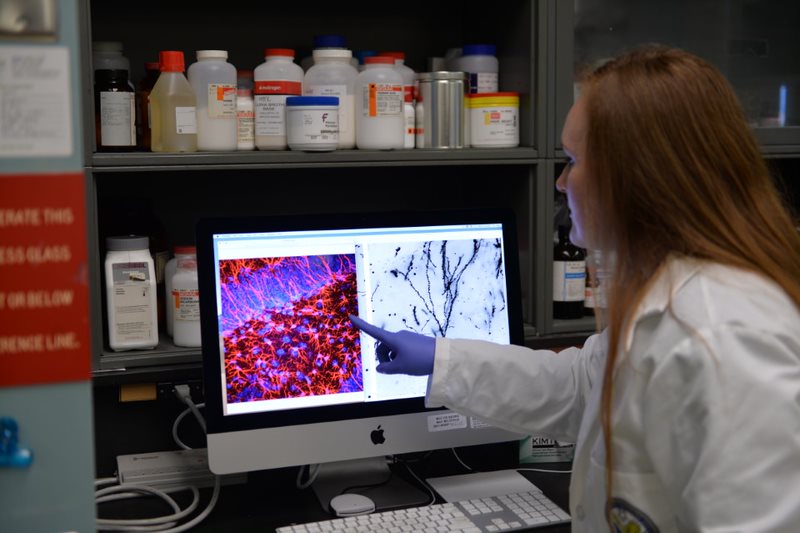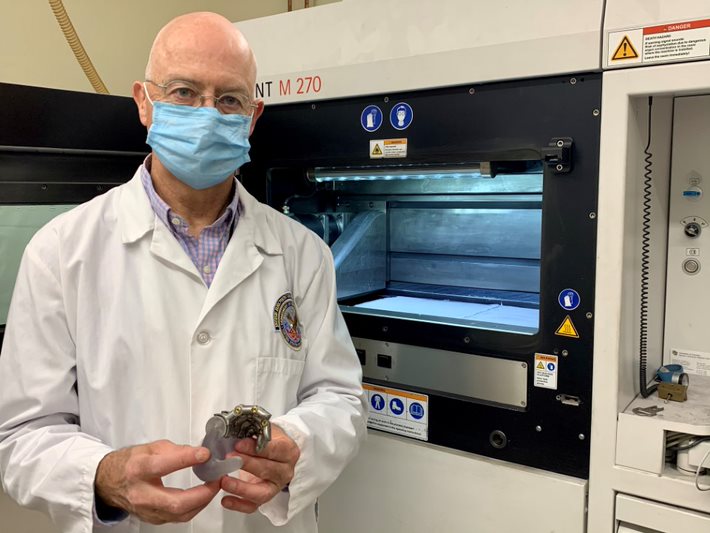Prolonged exposure for primary care (PE-PC) uses essentially the same concepts in a briefer format, with a less demanding in-session time commitment (four to eight 30-minute sessions versus 8 to 15 90-minute sessions). Plus, all of the treatment is done in a primary care setting.
The study, led by Dr. Matthew Girgenti of VA and Yale, is the first to pinpoint genetic changes related to PTSD that are specific to gender, and to certain brain subregions.
His COVID-19 symptoms are relatively light. But he sometimes experiences debilitating nausea at random.
Robinson, who served as the 36th surgeon general of the U.S. Navy and is now director of the VA Pacific Islands Health Care System in Honolulu, Hawaii, knows that vaccination programs are safe and effective for most people. That is why he volunteered to participate in VA's COVID-19 research program to test a new vaccine to combat the coronavirus.
Wheeler is a combat Veteran who served two tours in Iraq with the U.S. Army 3rd Infantry Division as a military intelligence specialist. He received two Army Commendation Medals for his service in Iraq. He says he spent more time on deployment than he did stateside at his duty station in Ft. Stewart, Georgia.
At the same time, Clark encourages all African Americans and other minorities to stay informed about developments related to COVID-19 vaccines and treatments.
Becker knows first-hand how debilitating the coronavirus can be. In mid- to late-September, he began experiencing COVID-19 symptoms, which worsened in the ensuing weeks to include pneumonia and difficulty breathing.
It was once under the radar of much of the medical community. Now, research by Dr. Vincent Marconi and Dr. Raymond Schinazi has expanded into a potentially impactful finding in the search for treatments to the COVID-19 virus.
The results could lead to health benefits for Veterans, according to Morgan. First, he explains, “we may be able to better identify patients who are more likely to develop alcoholic cirrhosis if they continue to drink alcohol regularly based on their genetics. The VA and the Veteran might benefit from extra efforts to get such patients to stop drinking.”
In 2013, Dr. Steve Braverman, a physical medicine and rehabilitation physician in the U.S. Army Medical Corps, was named commander of the Walter Reed Army Institute of Research. The institute works to solve the top threats to soldier readiness and lethality, such as disease and battle injury.
Understanding that traumatic brain injury (TBI) is the signature wound from the post-9-11 conflicts, and that one of the top symptoms of TBI is memory loss, the researchers focused their lab tests on the hippocampus, an important memory center in the brain.
In his latest technological challenge, he’s co-leading the development of an innovative power source for wearable devices like prostheses and implantable devices, such as pacemakers or deep brain stimulators, that will harvest electricity from blood sugar. If successful, the technology will be the first of its kind.

